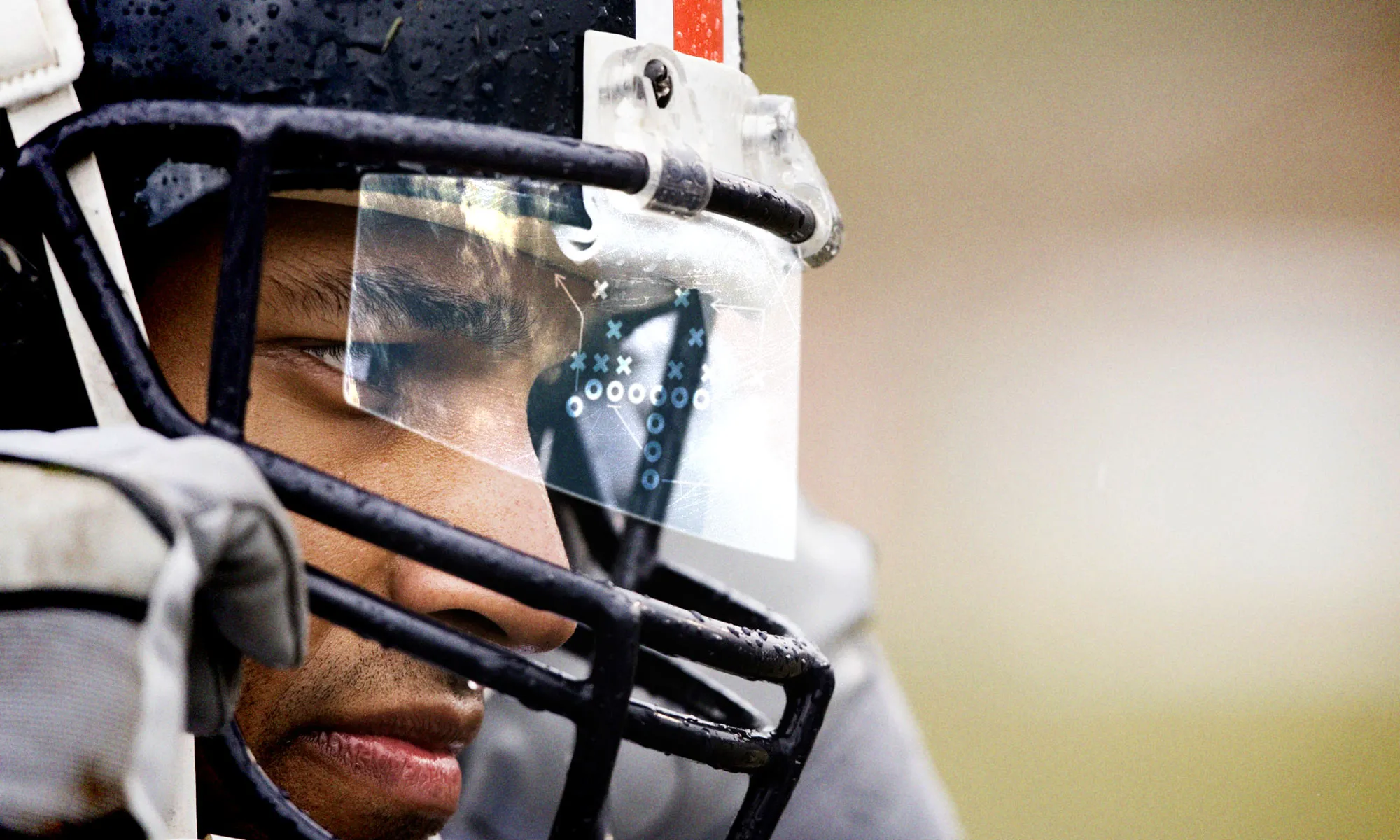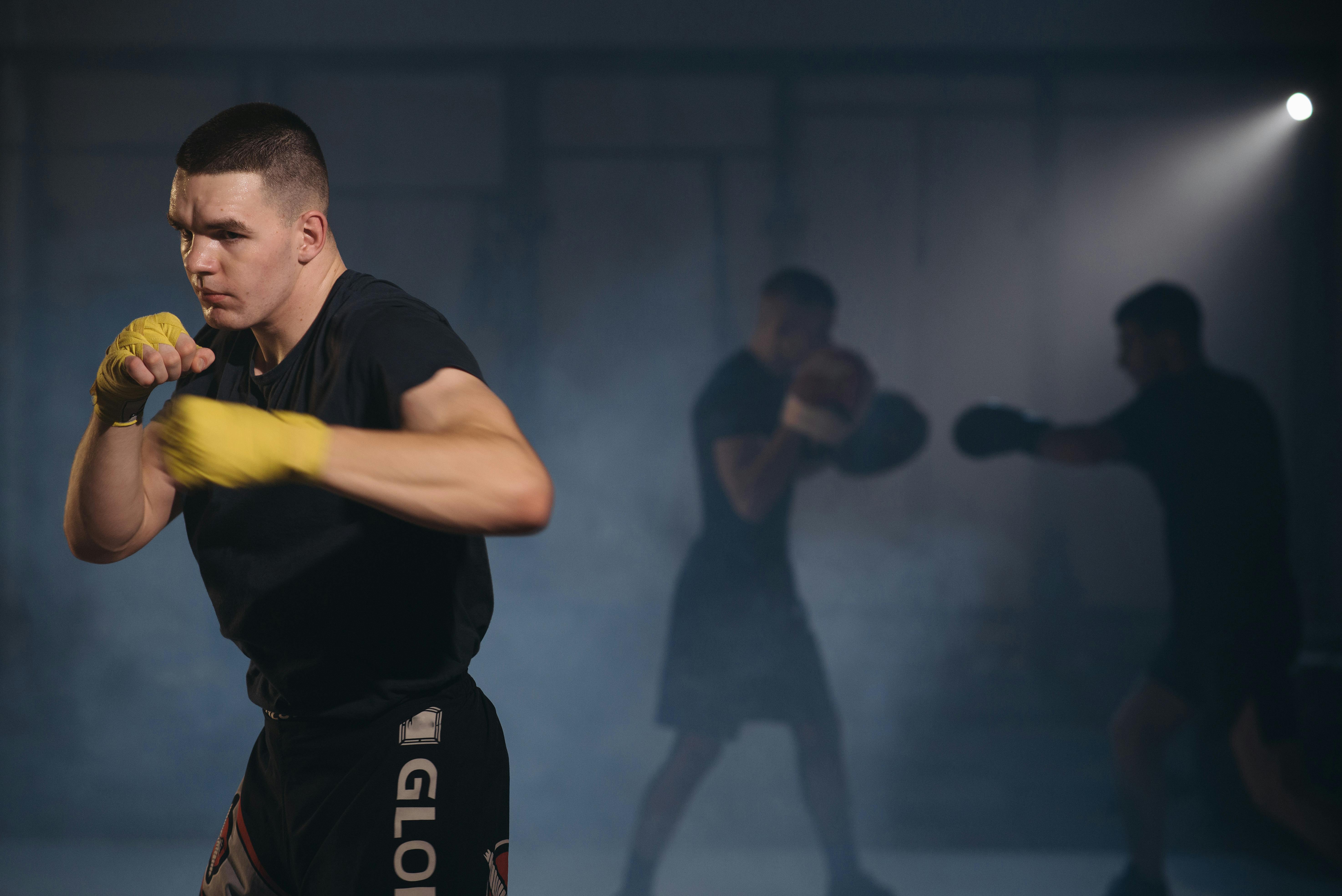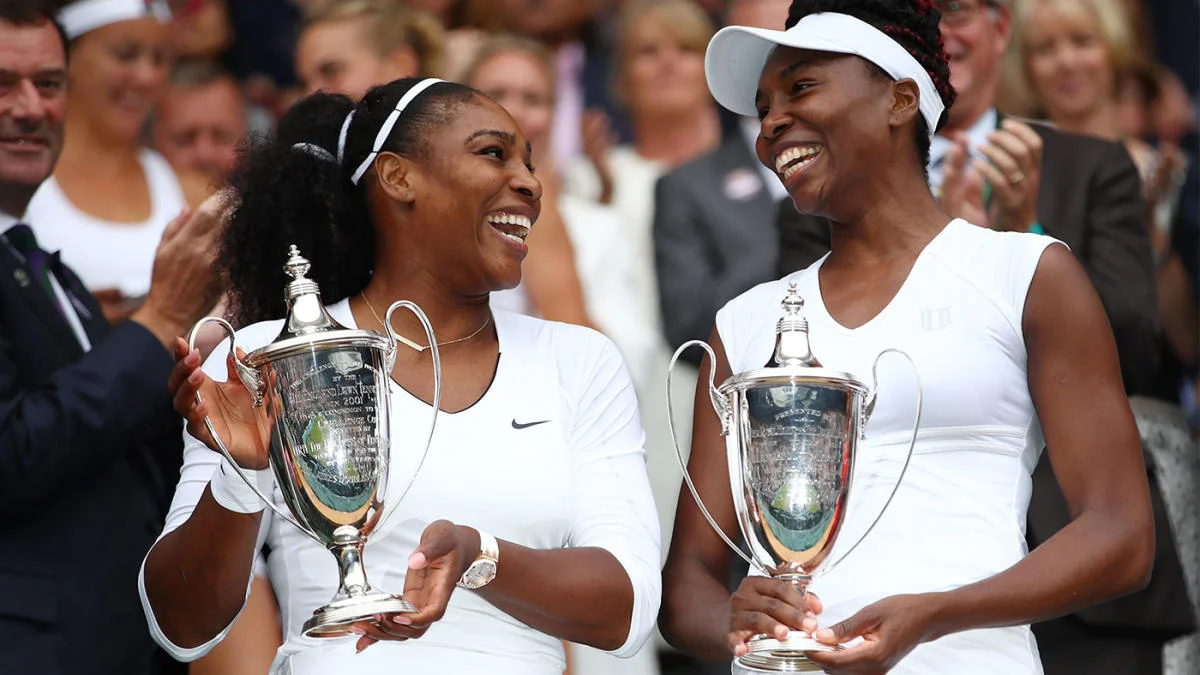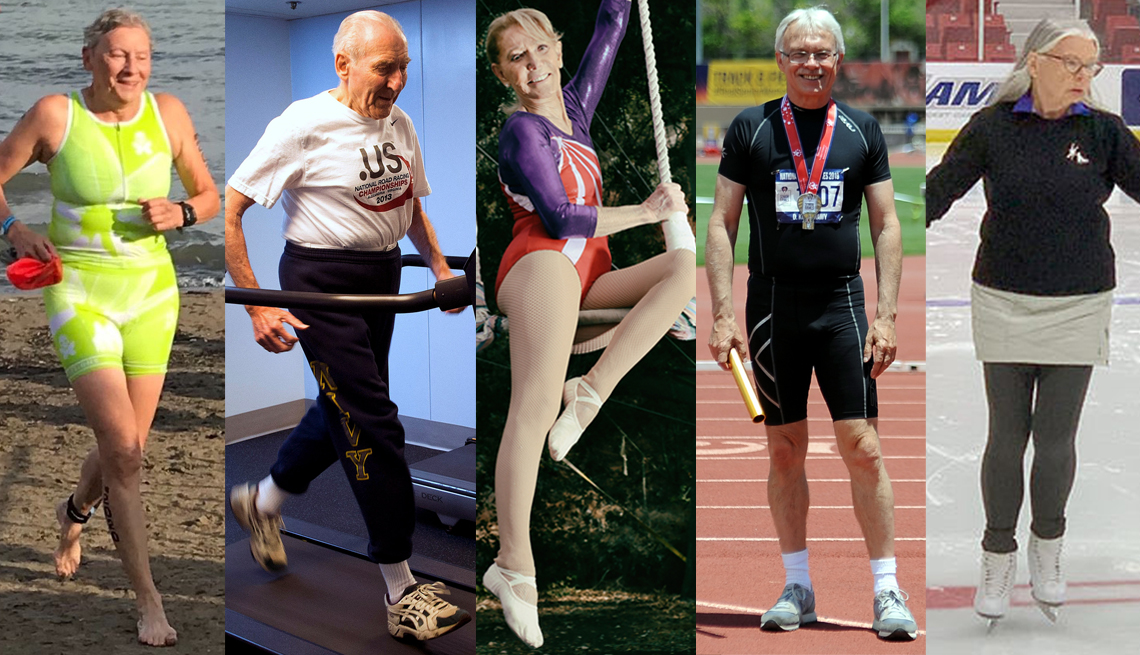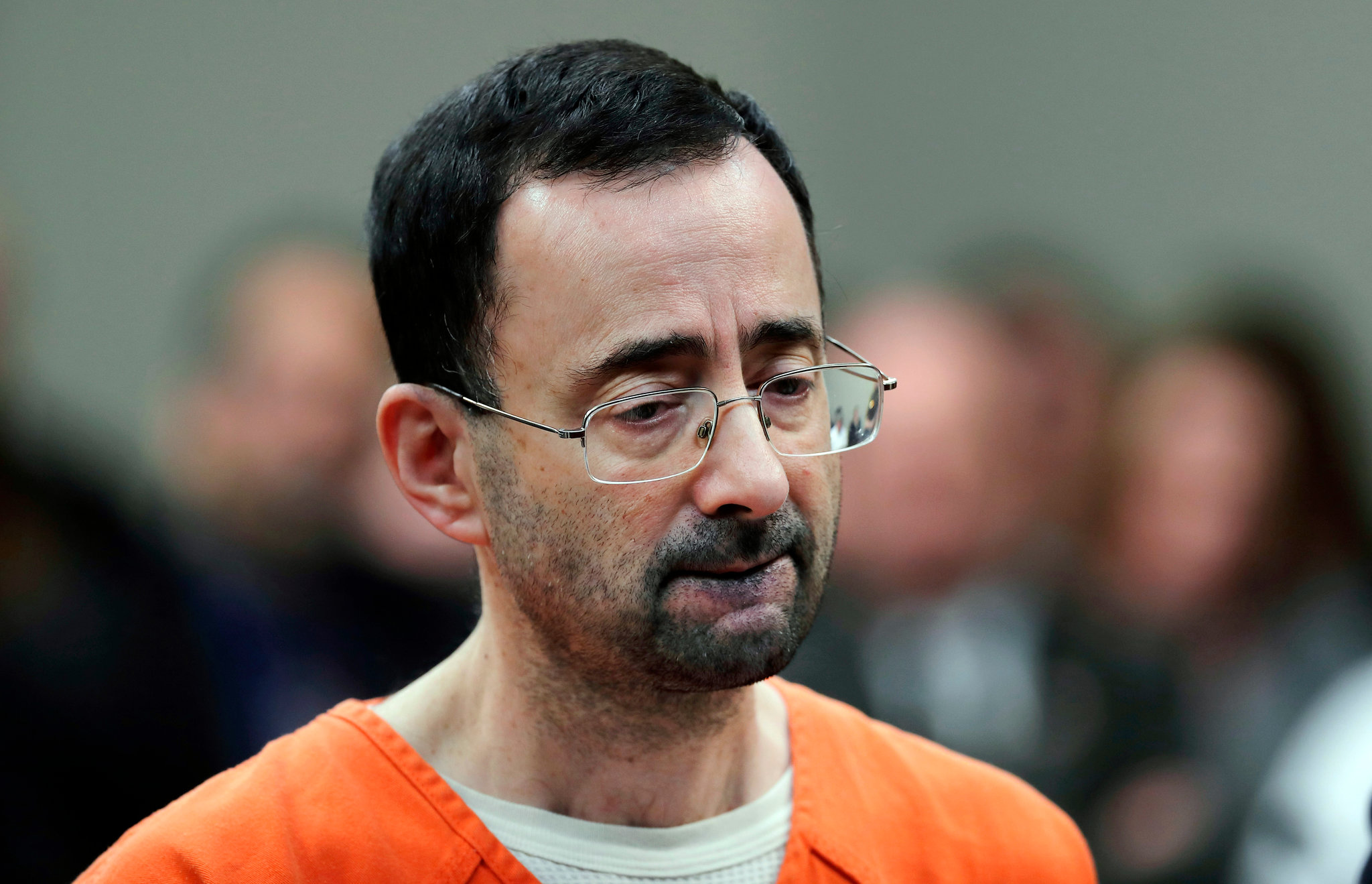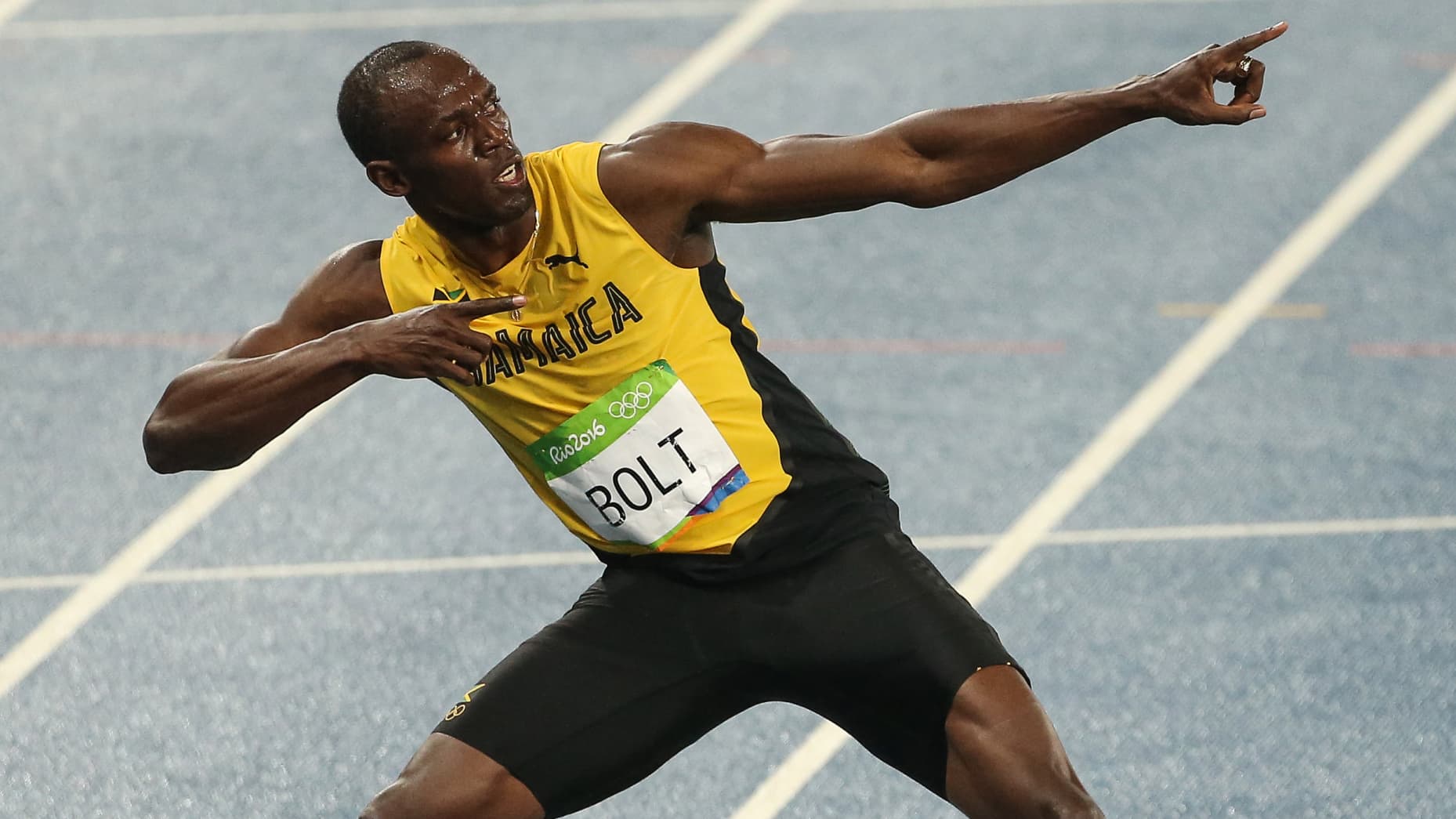Athletic Eternity: The Remarkable Techniques Aging Athletes Use to Remain at the Pinnacle of Performance
The world of sports is often seen as a young person's game, with athletes often reaching their peak in their 20s or early 30s. However, several athletes defy this norm, maintaining a high level of performance well into their 40s and even 50s.
The Importance of Nutrition

Nutrition plays a crucial role in an athlete's performance and recovery. As athletes age, their nutritional needs change. Consuming a balanced diet rich in proteins, carbohydrates, and healthy fats can help maintain energy levels and aid in recovery.
The Role of Recovery

Recovery is another key factor in athletic longevity. As athletes age, their bodies take longer to recover from intense workouts and competitions. Incorporating rest days, getting adequate sleep, and using recovery techniques such as foam rolling and ice baths can help speed recovery and prevent injuries.
Mental Toughness and Resilience

Mental toughness and resilience are often the defining characteristics of athletes who continue to perform at a high level as they age. These athletes can overcome setbacks and stay focused on their goals, even in the face of adversity.
The Impact of Training Smart

Training smart is perhaps one of the most important aspects of athletic longevity. This involves listening to your body and adjusting your training regimen accordingly. It also involves incorporating various training methods, such as strength training, flexibility exercises, and cardiovascular workouts, to maintain overall fitness and prevent overuse injuries.
The Power of Experience
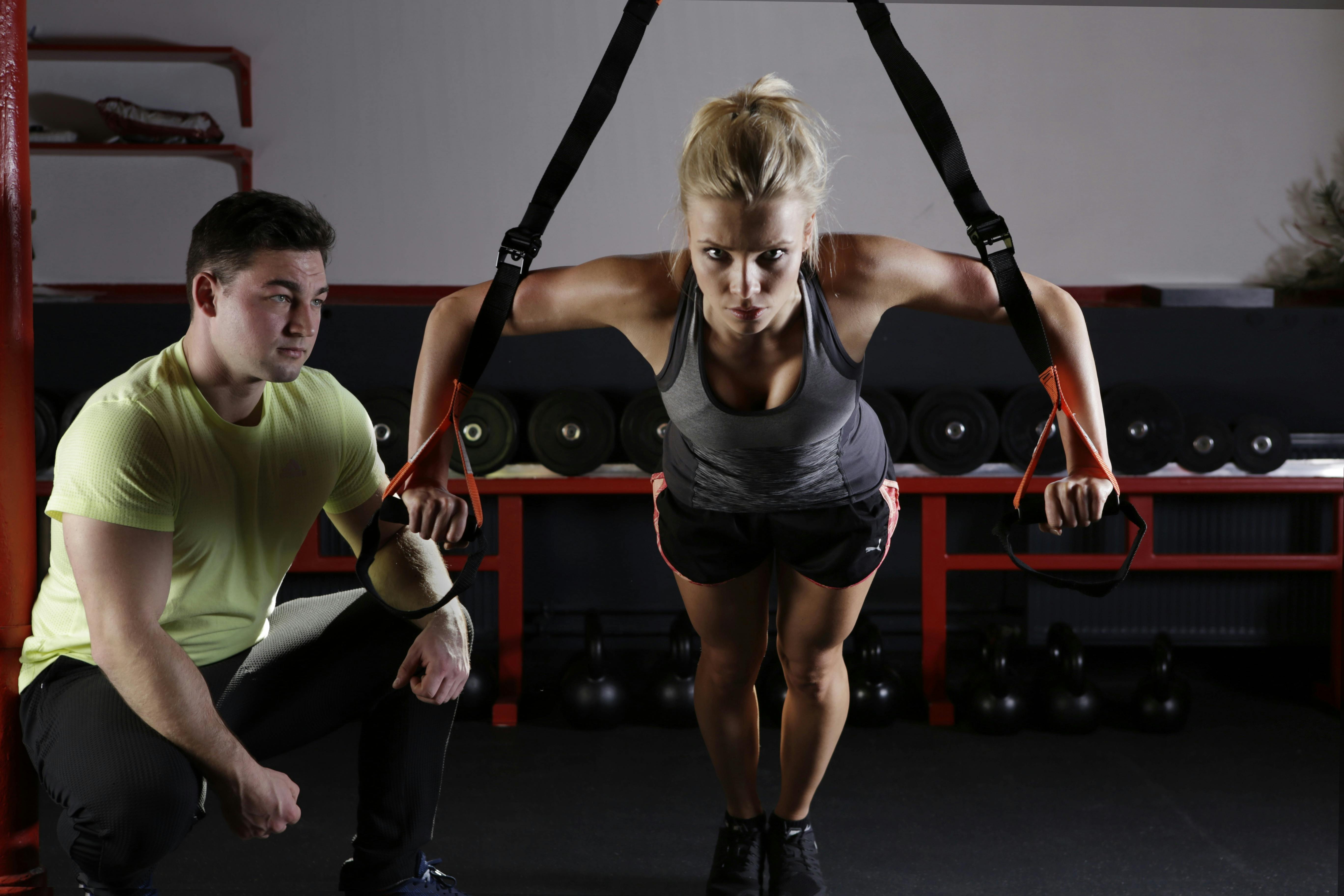
Experience is another key factor in athletic longevity. Experienced athletes have a deep understanding of their sport and their bodies. They know when to push themselves and when to hold back. They also know how to prepare for competitions and handle pressure situations, giving them an edge over younger, less experienced competitors.
The Influence of Genetics

Genetics also plays a role in athletic longevity. Some athletes are naturally gifted with strong bodies and a high athletic ability. However, genetics are only part of the equation. Even the most genetically gifted athletes need to care for their bodies and train smart to maintain their performance levels as they age.
The Importance of a Strong Support System

Having a strong support system is crucial for aging athletes. This can include coaches, trainers, physiotherapists, nutritionists, and family and friends. A strong support system can provide emotional support, motivation, and practical help, such as assistance with training and recovery.
The Role of Technology
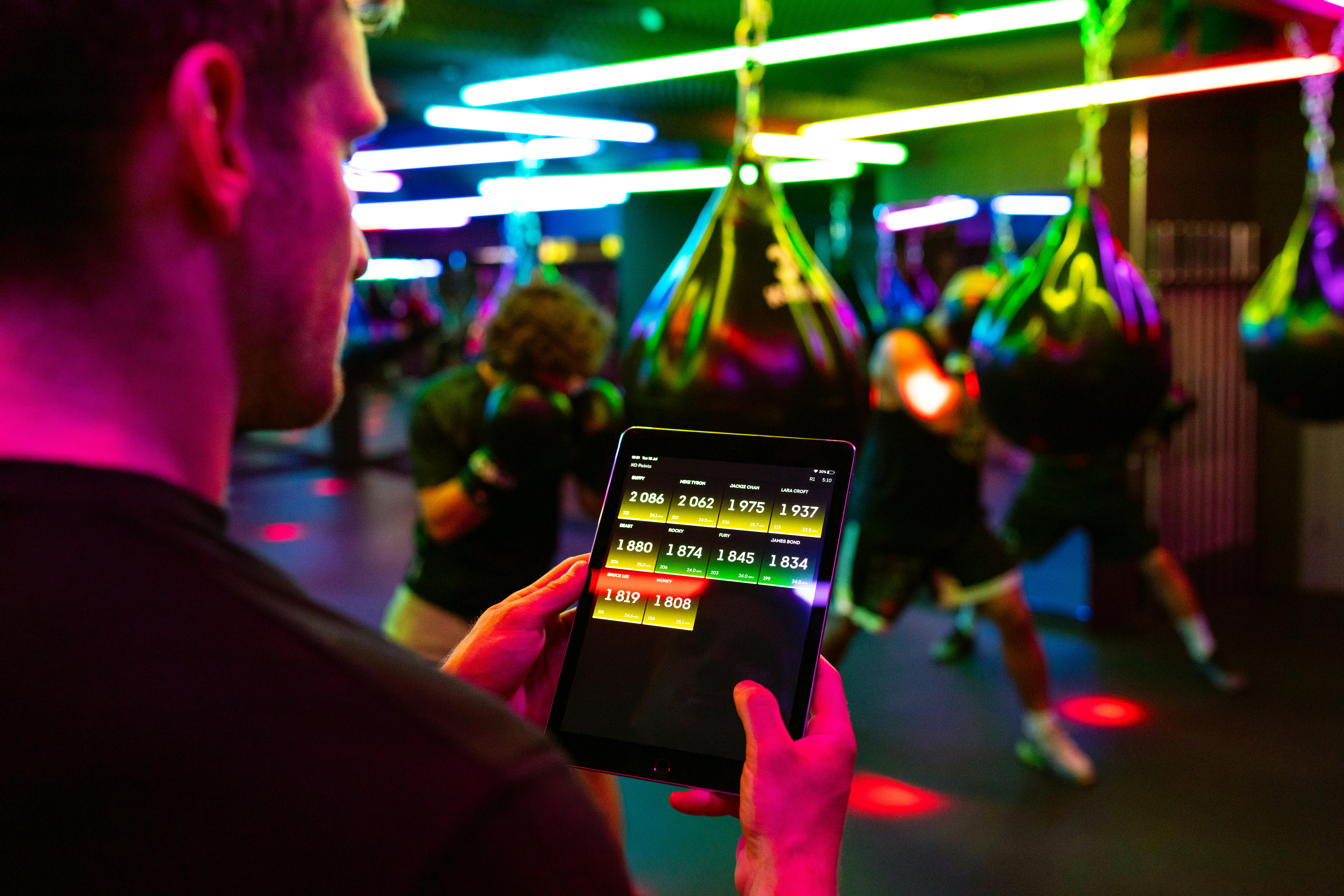
Technology has become an important tool for aging athletes. Wearable devices can track heart rate, sleep patterns, and other important metrics, helping athletes monitor their health and performance. Technology can also provide access to online training programs and resources, making it easier for athletes to train smart and stay informed.
The Impact of a Positive Attitude
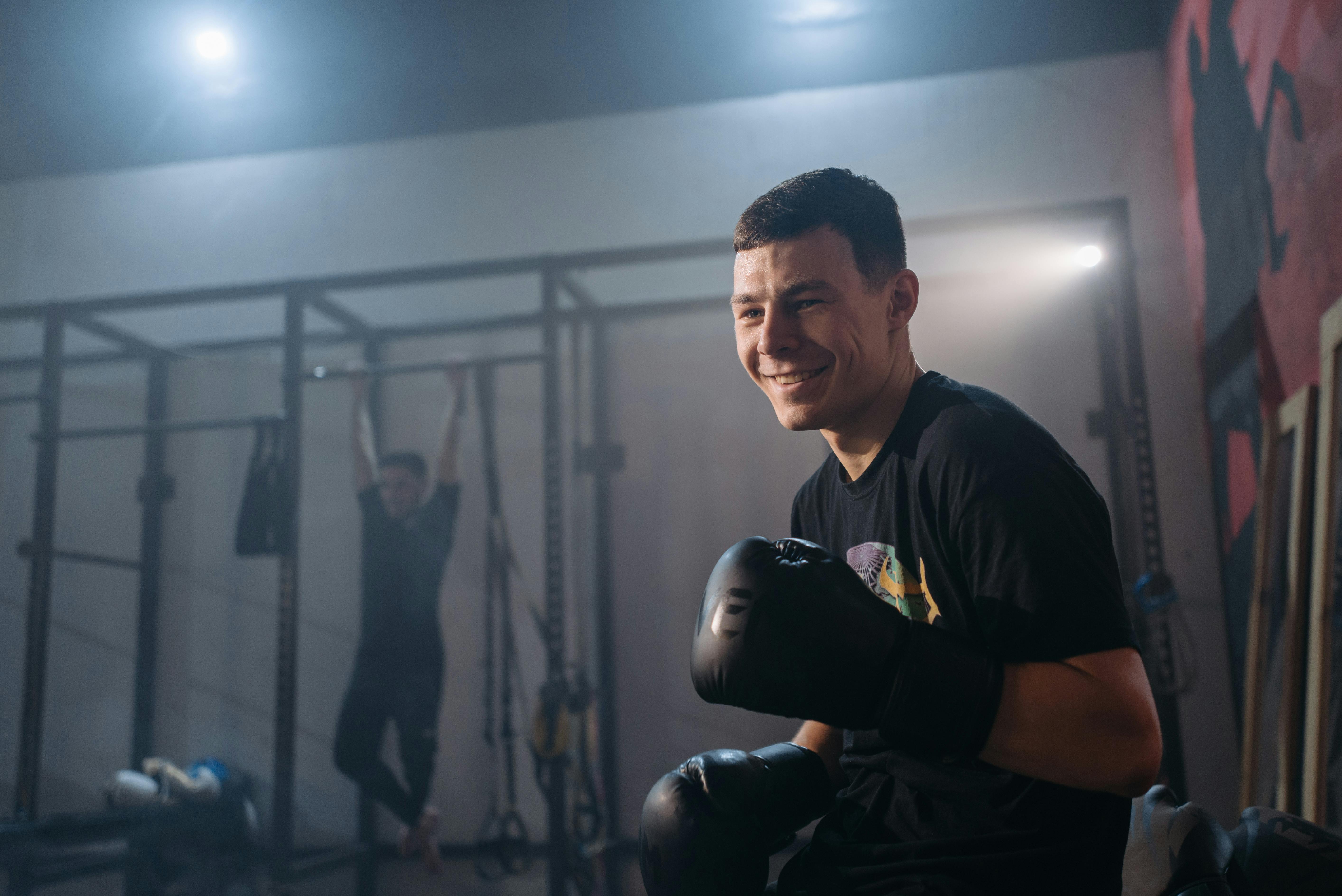
A positive attitude can greatly impact an athlete's performance and longevity. Aging athletes who maintain a positive attitude are more likely to stay motivated, overcome setbacks, and enjoy their sport. They are also more likely to care for their bodies and make smart training decisions.
The Importance of Regular Medical Check-ups

Regular medical check-ups are crucial for aging athletes. These check-ups can help detect potential health issues early before they become serious problems. They can also provide valuable information about athletes' health and fitness, helping them make informed decisions about their training and recovery.
The Role of Yoga and Meditation

Yoga and meditation can be beneficial for aging athletes. These practices can improve flexibility, balance, and strength and reduce stress and anxiety. They can also promote mindfulness, helping athletes stay focused and present in the moment.
The Impact of Hydration

Hydration is another important aspect of athletic performance and longevity. Staying hydrated can help regulate body temperature, lubricate joints, and prevent dehydration, which can impair performance and increase the risk of injuries.
The Importance of a Balanced Lifestyle

Maintaining a balanced lifestyle is crucial for aging athletes. This involves balancing training with rest, work with leisure and physical health with mental health. A balanced lifestyle can help prevent burnout, promote overall health and well-being, and enhance performance and longevity.
The Role of Periodization

Periodization, or the systematic planning of training and recovery, can benefit aging athletes. This approach can help manage fatigue, prevent overtraining, and optimize performance. It can also provide variety in training, keeping workouts interesting and enjoyable.
The Impact of Personalized Training Programs

Personalized training programs can be particularly effective for aging athletes. These programs take into account an athlete's age, fitness level, goals, and other individual factors. They can help optimize training, promote recovery, and prevent injuries.
The Importance of Goal Setting

Goal setting is another important aspect of athletic longevity. Setting realistic and achievable goals can provide motivation, focus, and a sense of purpose. It can also provide a measure of progress, helping athletes stay motivated and committed over the long term.
The Role of Sports Psychology

Sports psychology can be beneficial for aging athletes. Techniques such as visualization, self-talk, and relaxation can help improve focus, confidence, and performance. They can also help manage stress and anxiety, which can be particularly beneficial for aging athletes.
There are many factors that contribute to athletic longevity. From nutrition and recovery to mental toughness and training smart, aging athletes use various techniques to stay at the pinnacle of performance. While genetics and natural ability play a role, it's clear that dedication, hard work, and a smart approach to training and recovery are the keys to athletic eternity.

